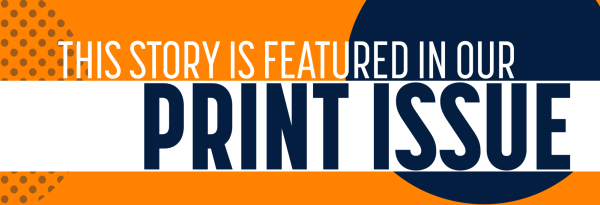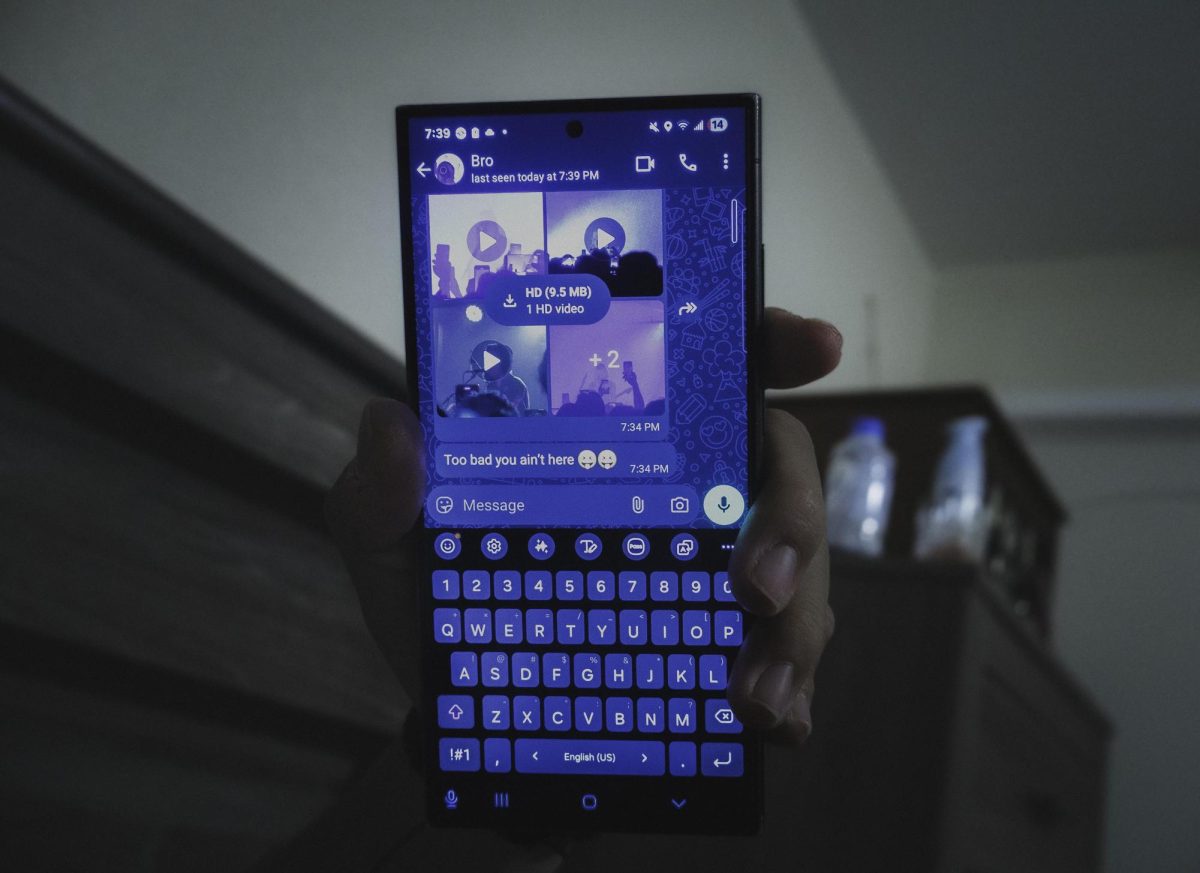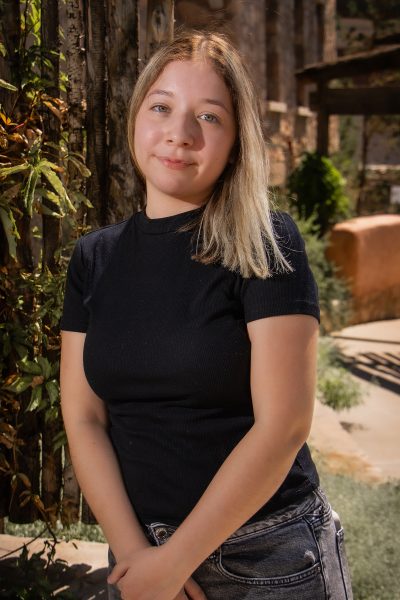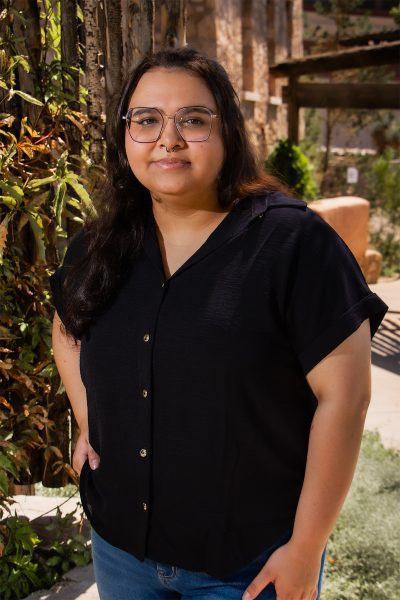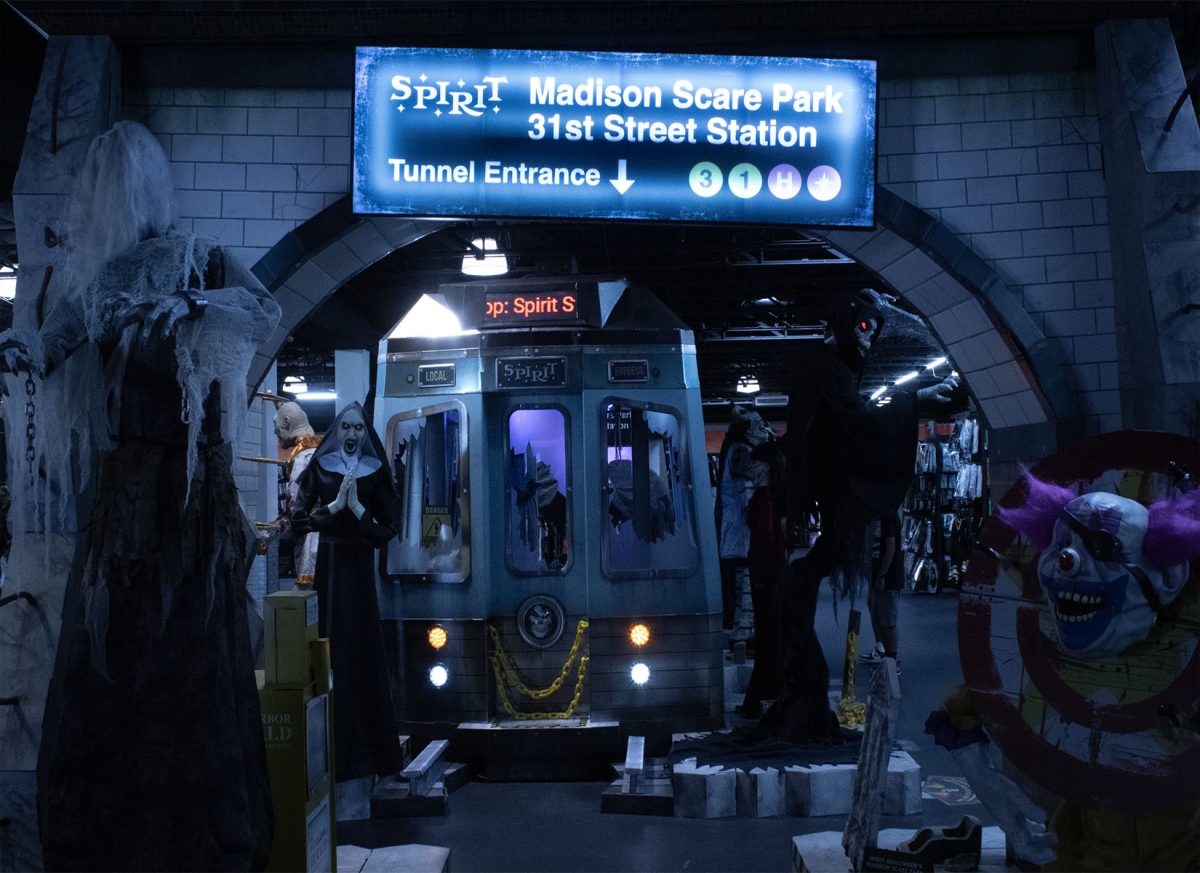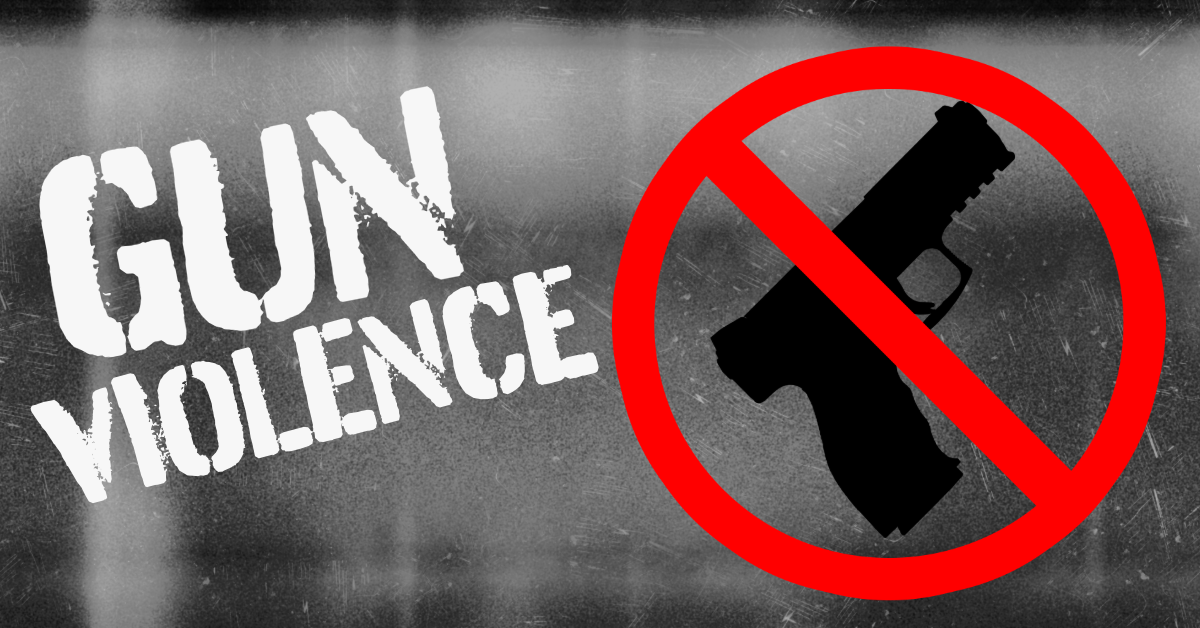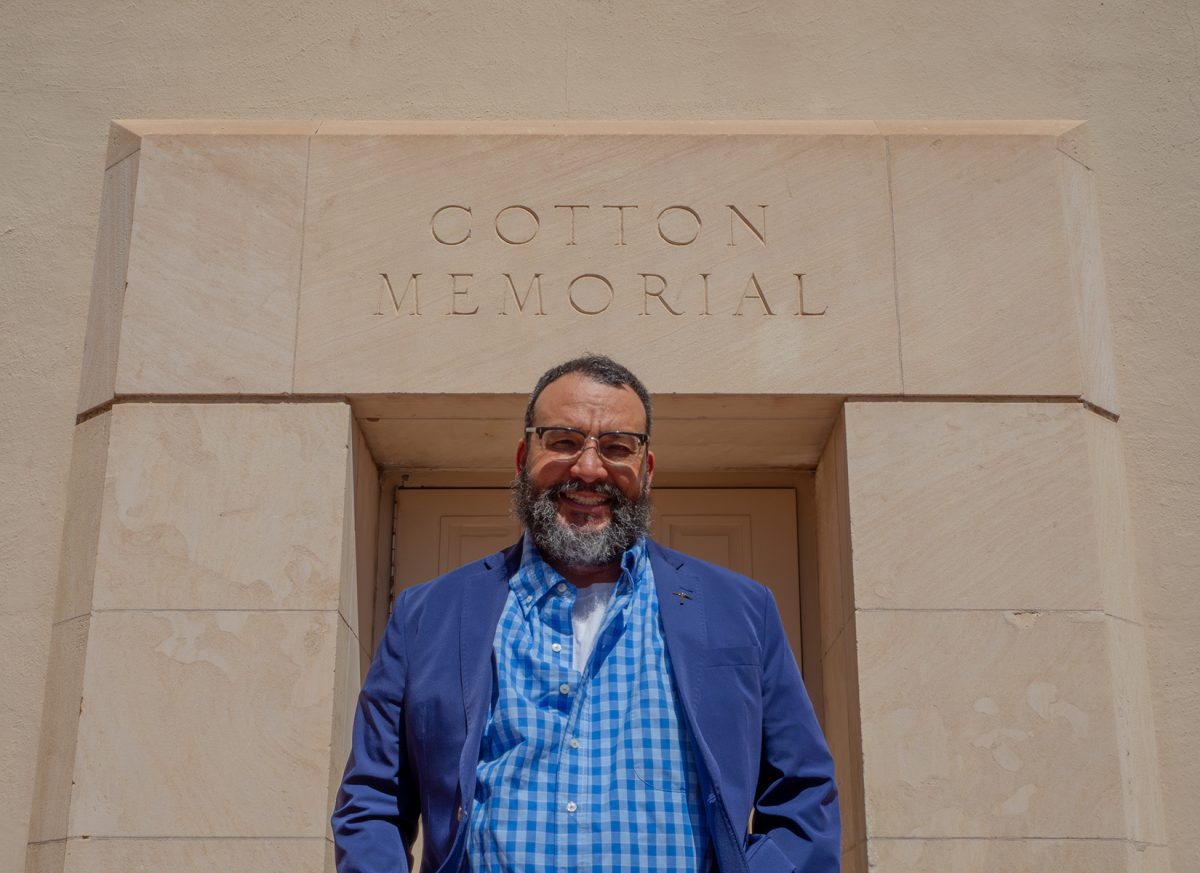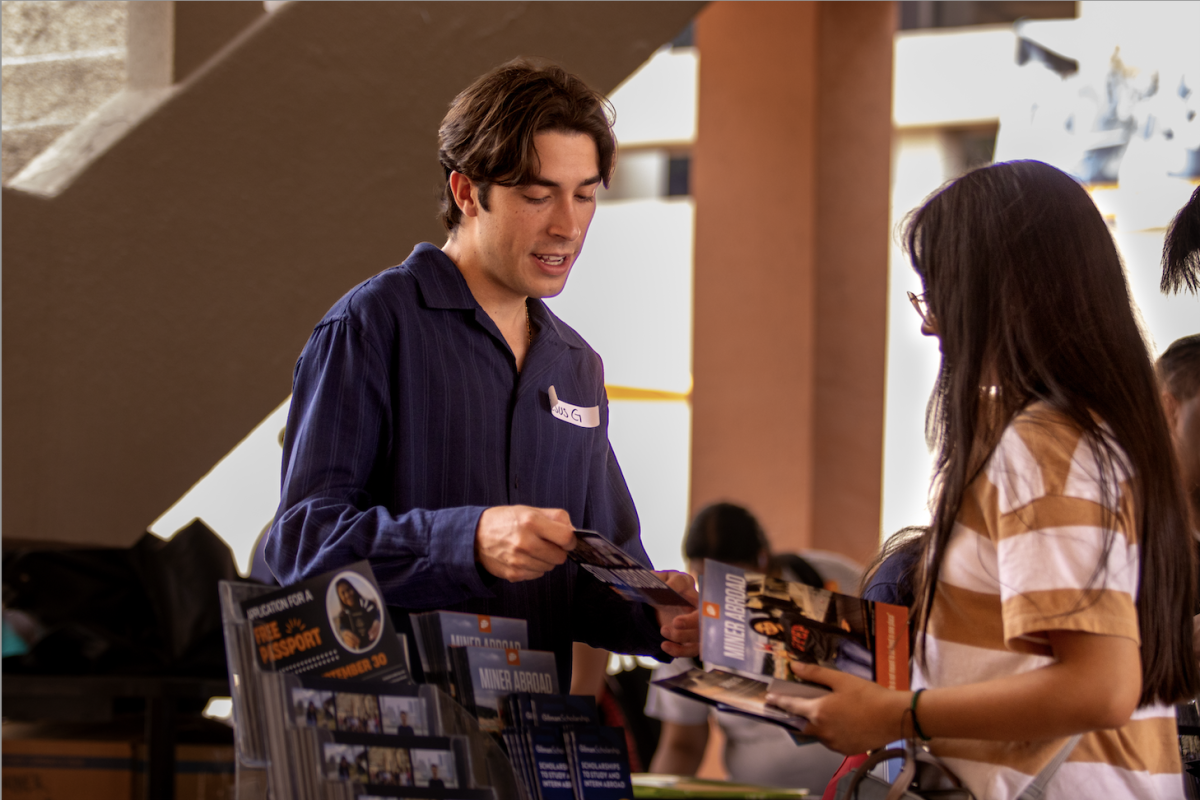As the Halloween season fills feeds with parties, costumes and fall festivities, FOMO, or fear of missing out, becomes a pervasive sentiment on social media. However, FOMO has led to further repercussions, as many posts elicit more than an “Oh, I wish I was there too” response from users; they generate the consuming thoughts of “If only I had that” and “If only I were like that.”
In “Fear of Missing Out (FoMo): A Current Review,” researchers Fuat Tanhan1, Halil İbrahim Özok1 and Volkan Tayiz1define the fear of missing out as, “the constant desire to follow the exciting and glorious lives of others through the internet and a state of constant anxiety about it.”
While social media algorithms normalize constant personal inadequacy due to the comparison-trap content that is pushed to augment user engagement, they may not be the root cause of FOMO’s psychological effects, such as the belief that one’s life isn’t “good enough.”
FOMO is also the byproduct of posting culture, which revolves around the subconscious competition for who is living a more fulfilling life.
Many people tend to compare the less positive aspects of their own lives with the surface-level, pleasant aspects of other users’ lives, even when that is all they ever share online.
With this embedded propensity for people to compare themselves to others, FOMO serves as a reminder of what one doesn’t possess– a feeling that is captured in Olivia Rodrigo’s song “Jealousy, Jealousy”: “I want to be you so bad, and I don’t even know you; all I see is what I should be.”
“The Psychology Behind FOMO” by the Cerebral organization states, “When you’re worried about what you’re missing, your mind can spiral into thoughts of inadequacy or fear that you’re not measuring up to others. This anxiety can become chronic, making it difficult to feel at ease in your own life.”
Daniela Chavez is bombarded with posts on TikTok that drive her to constantly covet.
“People who are really close to their family, and they upload videos like ‘I went on a trip with my family’ or ‘I came to a family dinner,’ something I wish I could have, but I don’t,” Chavez said.
Chavez also associates the ability to live one’s best life with having a large number of friends, which she says she lacks.
“I tend to really have ‘what ifs’ regarding friends because I used to have a really big friend group in high school, but once I got to college, everything changed,” Chavez said.
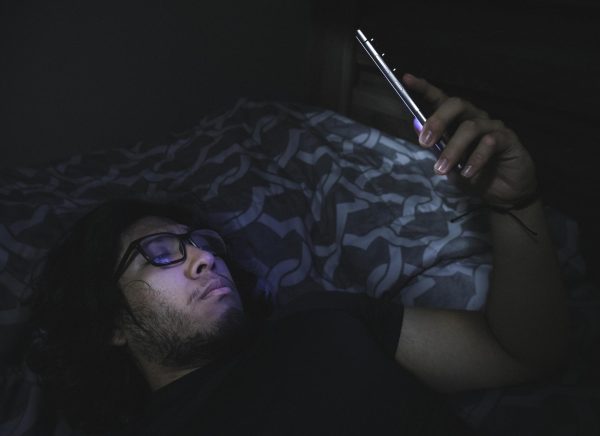
Consuming the content featuring “perfect” families and friend groups having fun and traveling together reinforces her perception that her life is boring when set side by side with those who seem to have a better social life. Chavez’s constant worry that everybody is having more gratifying experiences than she is leads her to believe that she has fallen behind.
FOMO and social media can fuel the widespread need to partake in what everyone else is doing. Many objectives tend to be set based on what the rest of society is accomplishing. As a result, users’ self-esteem may vary depending on how near they are to achieving the benchmark.
Influencers, such as Becca Bloom, who appear to have their future secure and regularly post envy-inducing content, intensify the effects of FOMO as they successfully convince people that there is such a thing as a perfect life. The wealthy 27-year-old socialite shares her luxurious lifestyle with her 4.7 million TikTok followers. She often uploads expensive unboxing videos and around-the-world travel content.
It is young, successful individuals like Bloom that pop up on Danna Huitron’s feed and make her the most jealous, giving rise to self-doubt.
“I do believe that social media has, from time to time, made me feel like my life is uninteresting or that it’s too slow,” Huitron said. “It has made me really insecure.”
In “Instagram’s Highlight Reel: The Mental Health Impact of Curated Perfection,” Our Mental Health notes that “constant exposure to idealized content often leads to negative comparisons and unrealistic expectations” and that “the danger lies in mistaking these curated snapshots for complete truths.”
Users are often prevented from viewing themselves as sufficient by the curated images that are shown on their screens.
Even though influencers may have the resources to camouflage the less appealing parts of their lives, they still have to deal with them.
Others will always have something that someone else does not, but noone is alone in feeling empty at times. In fact, everyone has something that others may lack, and anyone could be the source of somebody else’s FOMO without even realizing it.
Brisa Silva is a contributor and may be reached at [email protected]
